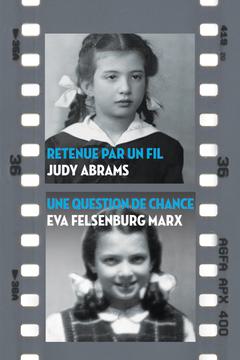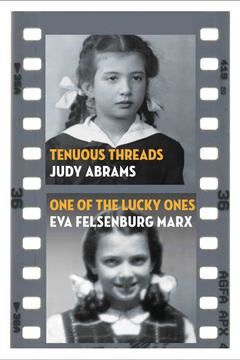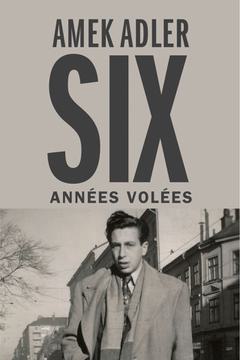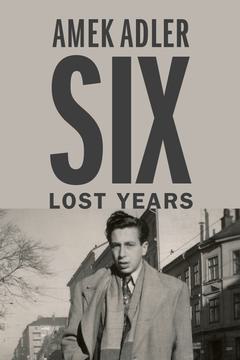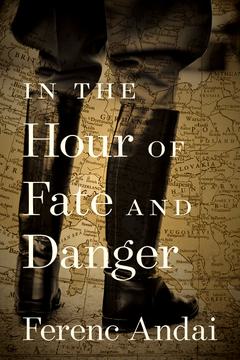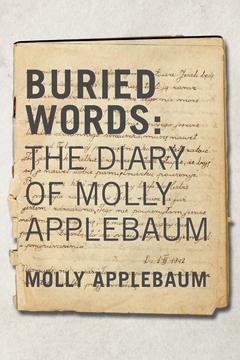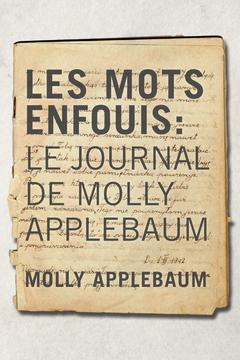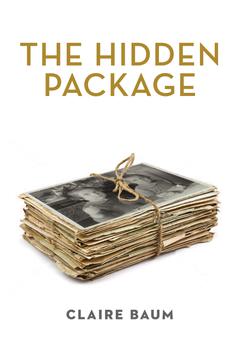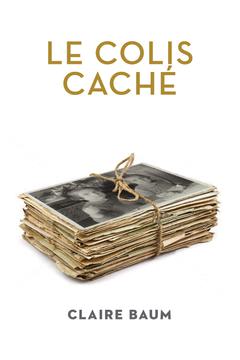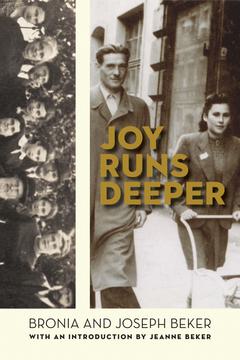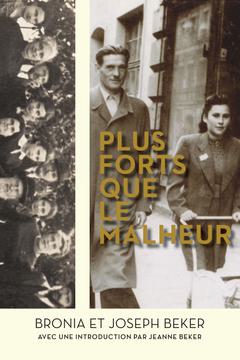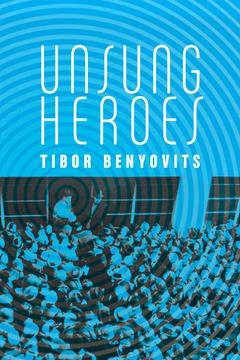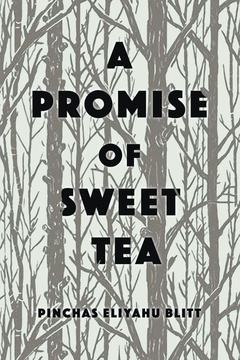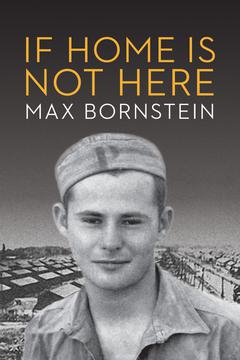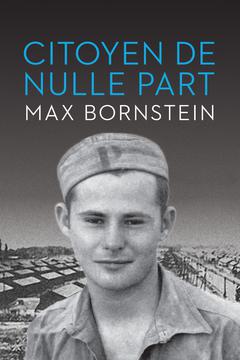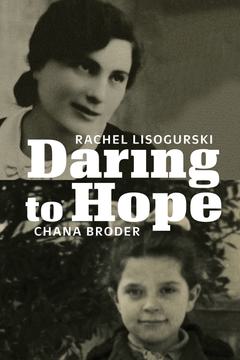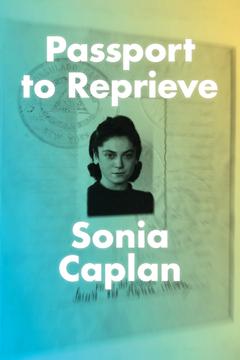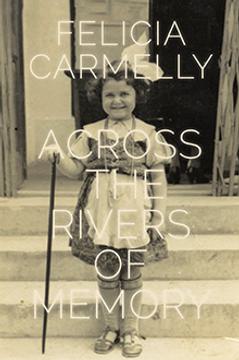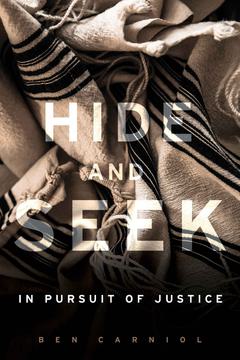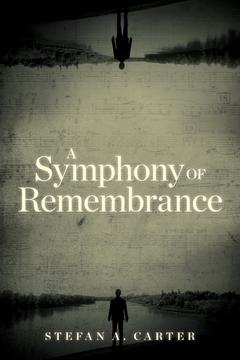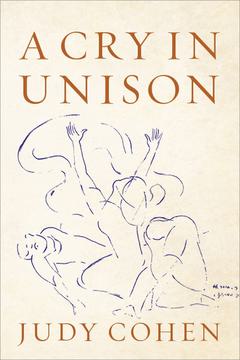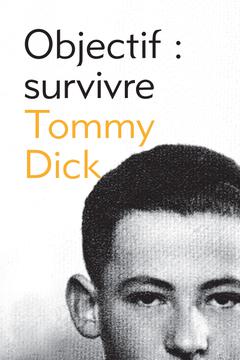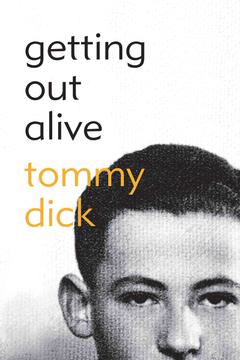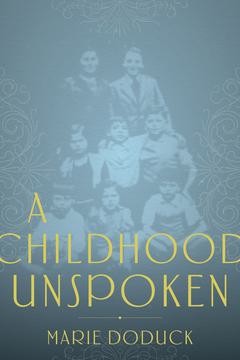Plus forts que le malheur
Le foyer disparu
Le 21 juillet 1944, par une belle journée ensoleillée, je me suis retrouvée assise au milieu des ruines de notre maison, pleurant amèrement. La petite ville de Kozowa, où j’étais née le 9 décembre 1920, avait été rasée. Une fois mes larmes taries, je suis simplement restée immobile, à penser, à méditer, à voir ma vie défiler devant moi.
Kozowa, aujourd’hui en Ukraine occidentale, faisait alors partie de la Pologne dans une région connue sous le nom de Galicie. La ville se trouvait au coeur de champs de maïs et de blé qui s’étendaient sur des kilomètres à la ronde. En ce jour de juillet 1944, ma ville natale a repris vie sous mes yeux, telle une oasis au milieu d’un désert. Je revoyais son centre-ville, avec sa place du marché et son bâtiment circulaire abritant trois magasins et deux épiceries. De là, des rues rayonnaient dans toutes les directions. J’aimais beaucoup dévaler la colline de la place du marché jusqu’à chez nous, partant de la pharmacie, tout en haut, longeant une clôture jusqu’à la pompe où nous allions chercher l’eau, et parvenant enfin à la maison de nos voisins. Je tournais ensuite le coin, et en quelques enjambées, je me retrouvais en face de notre grande porte d’entrée en bois brun.
J’adorais vivre à Kozowa. Les étés étaient magnifiques, ni trop chauds ni trop humides. L’air était toujours si pur qu’on se plaisait à en prendre de bonnes bouffées. J’avais l’habitude de faire de longues marches dans les champs pour cueillir des fleurs sauvages ou simplement sentir la chaleur du soleil sur mon visage. Par un bel après-midi de juillet ou d’août, j’enfilais un dirndl (une robe à longue jupe plissée) et des sandales, je mettais un ruban dans mes cheveux, puis je me rendais à la gare en compagnie d’une amie. C’était une belle promenade. Nous passions par la cour de l’école, puis coupions à travers un jardin qui tenait presque du parc. Il s’agissait d’une propriété privée, mais un petit sentier la traversait qui menait à la rivière Koropiec, si peu profonde que nous pouvions même la traverser à gué. Son lit était inégal, et le courant rapide ; on aurait dit une chute miniature. Un petit « pont », comme nous l’appelions, enjambait cette chute, mais en réalité, il ne s’agissait que d’une planche de bois. Nous enlevions nos chaussures et traversions la planche pieds nus.
De l’autre côté de la rivière, nous empruntions un sentier tracé au milieu de jardins – surtout potagers –, où errait un troupeau de chèvres. Souvent, nous leur parlions, et parfois elles décidaient de nous suivre. Nous mettions environ une heure à nous rendre à la gare. Nous nous assurions d’y être avant 15 heures, pour l’arrivée du train. C’était une belle gare, entourée d’une clôture en fer et dotée d’un jardin à l’arrière. Nous saluions les passagers de la main, puis, le train disparu, nous rentrions à la maison en nous promettant de revenir quelques jours plus tard. Pour une raison ou une autre, je ne me suis jamais lassée de cette randonnée. J’étais toujours ravie de retourner à la gare.
Quand je n’avais personne pour m’accompagner dans mes promenades, je ne m’aventurais pas bien loin. Je marchais seulement jusqu’à la rivière, où je m’asseyais pour lire mon livre, parler aux chèvres ou simplement écouter les oiseaux. Parfois, de jeunes paysannes venaient faire leur lessive. On aurait tort de croire qu’il s’agissait d’une corvée pénible, car, à les voir, elles semblaient vraiment s’amuser. Tout en battant le linge avec leur palette de bois, elles riaient, gloussaient, se racontaient des blagues. Je pense qu’elles ne se seraient pas diverties davantage à un pique-nique, ni même au théâtre. Les jeunes filles aux longs cheveux nattés portaient un corsage serré et une longue jupe ample, avec le devant remonté à la ceinture. Se rendant pieds nus à la rivière, le linge sur le dos ou dans des seaux, elles faisaient partie intégrante de ce magnifique décor.
En dépit de ces scènes idylliques, la vie dans notre ville n’avait rien de raffiné. Peut-être ne connaissions-nous rien d’autre, peut-être étions-nous assez intelligents pour y trouver notre bonheur malgré tout. Prendre un bain, par exemple, n’était pas une mince affaire, parce que nous n’avions pas l’eau courante. Si l’on avait la chance d’avoir une baignoire chez soi, il fallait aller chercher de l’eau à la pompe, la faire chauffer dans une cuvette sur le poêle, puis la verser dans la baignoire. Le bain fini, il fallait ensuite vider l’eau. C’est pourquoi beaucoup de gens se rendaient aux bains publics, où certains y prenaient même un bain de vapeur. J’ignore comment ce dernier fonctionnait – un vieil homme, Ludz, veillait à sa bonne marche. Dès que la vapeur était prête, un autre vieil homme, Mikola, venait l’annoncer à tous dans les rues en frappant deux faux l’une contre l’autre. Cela ne se produisait qu’une fois par semaine, le vendredi, alors que la population se préparait pour le Shabbat. En cours d’après-midi, tous les hommes quittaient leur travail pour aller aux bains. Les femmes s’y rendaient plus tard, une fois les préparatifs du Shabbat achevés.
Le vendredi matin, ma tante, qui vivait à un coin de rue de chez nous, confectionnait des petits pains au fromage – les meilleurs au monde –, et elle en préparait assez pour toute la semaine. De son côté, ma mère, Malka Esther, cuisait des petits pains à la cannelle, sa spécialité. À midi le vendredi, les petits pains étaient prêts. Ma mère me donnait quelques-uns des siens, j’allais ensuite chercher des pains au fromage chez ma tante, puis j’allais porter le tout chez ma grand-mère. Quelle femme, ma grand-mère ! Très soignée, elle portait toujours une longue jupe, une veste et des bottillons à lacets. Elle possédait des vestes de toutes les teintes, mais elle préférait les couleurs vives. Un jour, elle s’est acheté un long pull, mais après l’avoir essayé, elle l’a trouvé trop sombre pour son goût. Elle a donc décidé de le donner à ma tante, puis elle est allée s’en acheter un rouge. Ma grand-mère se couvrait toujours la tête d’un impeccable fichu empesé. Elle répétait souvent qu’elle aurait préféré vivre dans une ville sans boue pour que ses chaussures puissent rester propres. La chaussée n’était pas goudronnée dans notre ville, si bien qu’après une pluie, les rues devenaient boueuses. Il fallait porter des caoutchoucs ou des bottes hautes.
[...]
On trouvait tant de personnages différents à Kozowa qu’il me faudrait écrire un livre entier pour les dépeindre. Et aucun habitant n’était jamais désigné par son vrai nom : chacun était affublé d’un sobriquet. Par exemple, comme le shoẖet (l’abatteur rituel), qui habitait à côté de chez nous, s’appelait Benzion, on appelait sa femme Benzinatchy. Quel personnage que cette femme ! Elle couvrait sa tête rasée d’un fichu, comme le faisaient les autres femmes pratiquantes de la ville. Pourtant, la pauvre femme semblait toujours désemparée. Elle était corpulente, avec un tablier perpétuellement serré à la taille et le visage immanquablement sale. Du plus loin que je me souvienne, elle n’a toujours eu qu’une seule dent de devant et mâchouillait perpétuellement quelque chose étant donné le temps qu’il lui fallait pour mastiquer sa nourriture. Benzinatchy avait bon coeur : elle n’aurait jamais fait de mal à une mouche. Plusieurs de ses enfants étaient morts en bas âge de diverses maladies. Il ne lui restait qu’un garçon et une fille. Son mari et elle avaient également adopté un enfant du nom de Gedaliè. Un jour que je lui rendais visite, elle a envoyé Gedaliè chercher des pommes de terre à la cave en disant au garçonnet : « Continue de me parler jusqu’à ce que tu sois remonté ! » Quand je lui ai demandé la raison de son ordre, elle m’a expliqué qu’elle gardait de la confiture à la cave et que tant qu’il bavardait, elle savait qu’il n’était pas en train de s’en empiffrer !
[...]
Tous les habitants de notre ville formaient une grande famille. Les plus nantis donnaient de la nourriture et des vêtements aux moins privilégiés. En dépit de tout, nous nous entraidions dans les moments difficiles.
